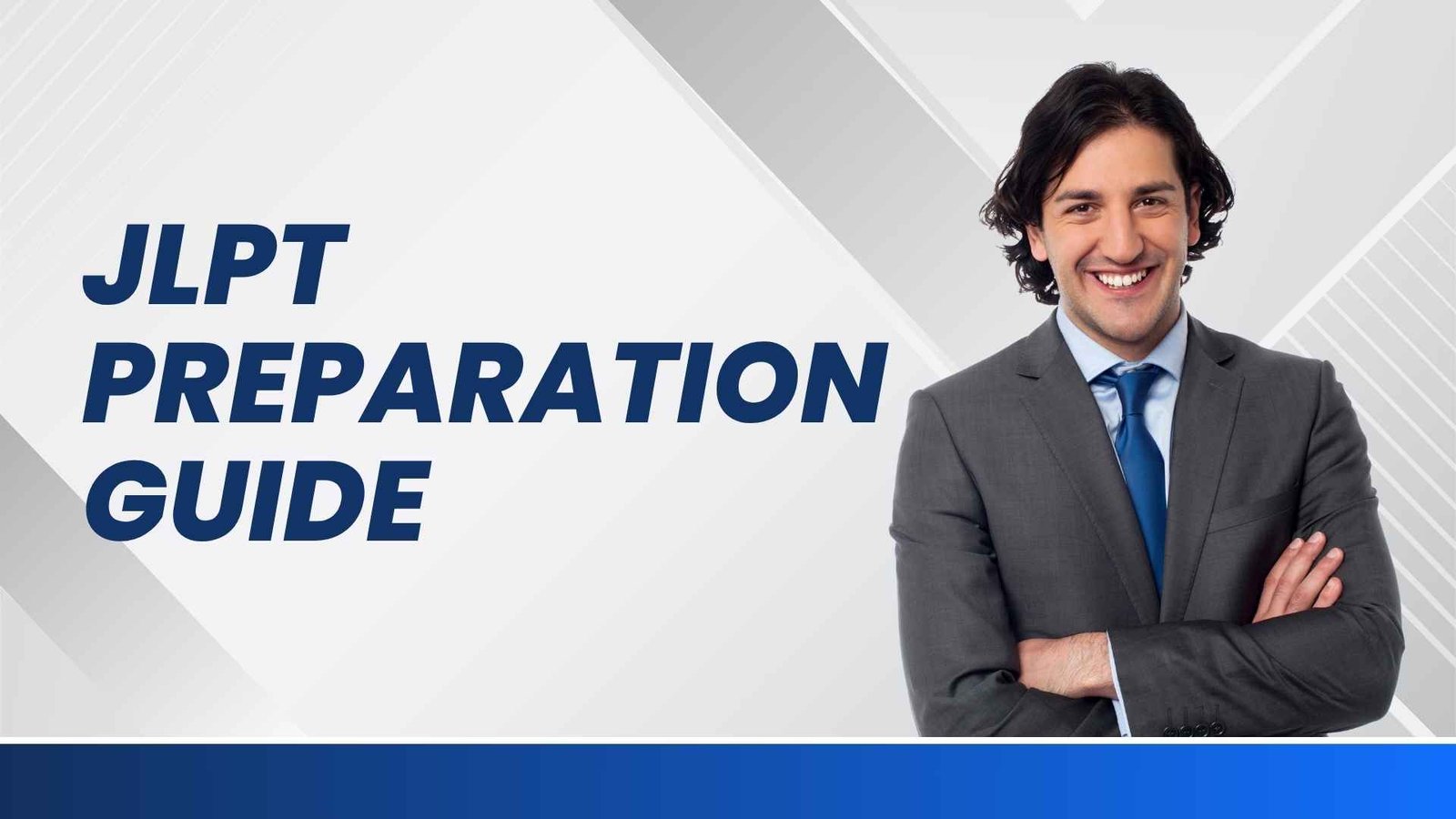
JLPT Mistakes to Avoid – How to Improve Your Score
The Japanese Language Proficiency Test (JLPT) is one of the most widely recognized exams for measuring Japanese language ability. Whether you’re aiming for JLPT N5 as a beginner or challenging yourself with JLPT N1, the test requires a solid understanding of vocabulary, grammar, listening, and reading comprehension.
However, many test-takers make common mistakes that prevent them from achieving their desired score. If you’ve been searching for “JLPT mistakes to avoid”, this guide will help you identify pitfalls, learn effective strategies, and maximize your chances of passing.
Whether you’re preparing for JLPT N4 or tackling the JLPT N3 syllabus, this article will provide insights to refine your approach and avoid common errors that could set you back. visit this official website.
Common JLPT Mistakes and How to Avoid Them
Many test-takers make avoidable errors, from poor time management to neglecting listening practice. Understanding these pitfalls will help you develop a more effective study plan and improve your chances of passing the JLPT.

1. Underestimating the Exam Format
Many test-takers assume the JLPT is just another language exam, but its format is unique.
- What is taking the JLPT like? The test consists of listening, vocabulary, grammar, and reading sections, all in multiple-choice format. There is no speaking component.
- How to avoid this mistake: Take multiple practice tests and familiarize yourself with the time limits for each section.
If you’re new to JLPT, start with our detailed Japanese Language Proficiency Test overview to understand the basics.
2. Lack of Proper Study Planning
One of the biggest mistakes learners make is not planning their study time properly.
- How long does it take to pass JLPT N4? On average, learners need 300–600 hours of study time to pass JLPT N4.
- How to avoid this mistake: Create a structured study plan, setting daily or weekly goals.
3. Ignoring Vocabulary and Kanji
The JLPT places heavy emphasis on vocabulary and kanji, even at lower levels.
- JLPT N4 coverage: N4 requires knowledge of around 1,500 vocabulary words and 300 kanji.
- How to avoid this mistake: Use flashcards, apps, and reading exercises to reinforce vocabulary and kanji recognition.
4. Neglecting Listening Practice
Many learners focus too much on reading and grammar but struggle with the listening section.
- Why JLPT listening can be tricky: The audio plays only once, and the questions are designed to test comprehension in real-world situations.
- How to avoid this mistake: Listen to JLPT practice audio daily and expose yourself to native Japanese media, such as podcasts and news broadcasts.
5. Poor Time Management During the Test
Many test-takers run out of time, especially on the reading section.
- How to pace yourself during the JLPT: Don’t spend too much time on a single question. If you’re unsure, make an educated guess and move on.
- How to avoid this mistake: Practice with timed mock exams to improve reading speed and efficiency.
Confused about which JLPT level to choose? Our JLPT Levels Explained guide breaks down each level from N5 to N1 to help you decide.
6. Over-Reliance on JLPT N4 Cheat Sheets
While cheat sheets can be helpful for quick revision, they shouldn’t be your only study tool.
- How to use a cheat sheet effectively: Use it to reinforce concepts, not as your primary learning resource.
- How to avoid this mistake: Supplement with textbooks, online courses, and conversation practice.
Key Strategies to Improve Your JLPT Score
Success on the JLPT requires more than just memorization—you need a smart study approach. By using effective learning techniques, managing your time wisely, and leveraging the right resources, you can maximize your score and boost your confidence on exam day.

Planning to take the JLPT in 2025? Stay updated with the official JLPT 2025 Exam Dates to ensure you don’t miss important deadlines.
1. Best JLPT Tips for Effective Studying
- Use spaced repetition flashcards (e.g., Anki, Wanikani)
- Engage in active learning by speaking and writing in Japanese
- Mix different study resources: textbooks, apps, and real-world materials
2. Understanding JLPT Passing Scores and Requirements
- JLPT N4 passing score breakdown: You need a minimum of 90/180 to pass, with at least 19/60 in each section.
- JLPT N3 syllabus overview: N3 requires knowledge of 3,750 words and 650 kanji, with more complex grammar structures.
3. Where to Find JLPT Study Resources
- Best books and apps: Try “Tobira,” “Shin Kanzen Master,” and apps like BunPro.
- JLPT mistakes to avoid (Reddit recommendations): Many Reddit users suggest practicing reading comprehension and kanji recognition daily.
Preparing for the JLPT? Our JLPT Preparation Guide offers expert tips and resources to help you succeed.
FAQs About JLPT Mistakes to Avoid
1. What is the hardest part of the JLPT?
Most test-takers struggle with the reading section due to time constraints and complex passages.
2. What is the fail rate for JLPT?
Pass rates vary by level, but N1 has a pass rate of around 30-35%, making it the most difficult.
3. What is the easiest JLPT level?
JLPT N5 is the easiest, covering basic vocabulary, grammar, and simple sentences.
4. What not to do when learning Japanese?
Avoid relying solely on romaji, neglecting listening practice, and memorizing without context.
5. What is the hardest test in Japan?
The 日本語能力試験 (JLPT N1) is tough, but the Kanji Kentei (Kanken Level 1) and university entrance exams in Japan are even more challenging.
6. What level of JLPT is fluent?
N2 is considered the minimum for fluency in a professional setting, while N1 represents near-native proficiency.
7. How difficult is JLPT N3?
JLPT N3 is a transition level, requiring solid reading, listening, and grammar skills beyond basic conversation.
8. Can I take JLPT N4 without N5?
Yes, you can take any level directly without passing the previous one.
Final Thoughts
Avoiding common JLPT preparation mistakes can greatly enhance your chances of success. Whether it’s poor time management, inconsistent study habits, or relying on the wrong resources, these issues can slow down your progress. By planning your study routine effectively, using reliable materials, and tracking your progress, you’ll set yourself up for better results.
If you’re preparing for JLPT N4 or a higher level, it’s crucial to start early and maintain a consistent study schedule. Stay focused, practice regularly, and keep your learning journey enjoyable—it makes a big difference.
Need expert guidance for JLPT preparation?
Call JLPTexams at +91 8700956038 and get started with the right support today.





